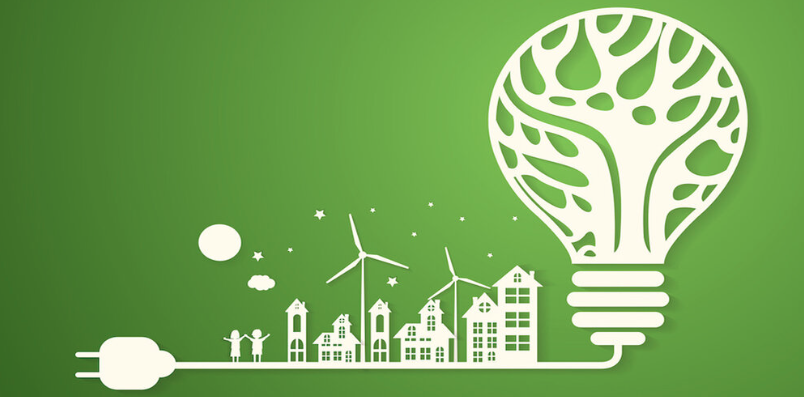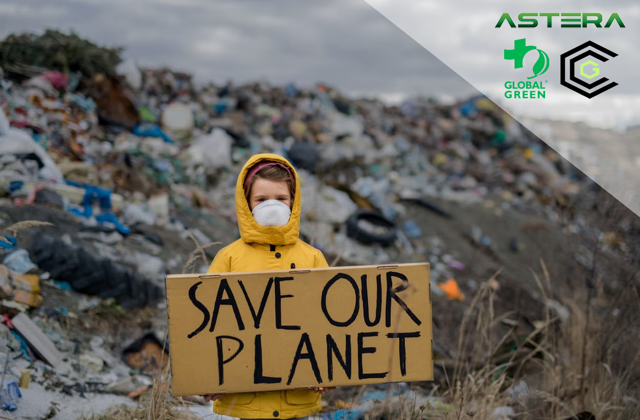
ELLA HENDRIX SEPTEMBER 24, 2019
As the world appears to tumble towards climate disaster, we are increasingly looking for things that we can do both as a world community but also as individuals to help to reduce the impact that we are having on the environment. Although governments and big business must do a lot of the heavy lifting, the truth is that we all have a responsibility to do what we can.
One area that we can all try to improve on is the energy efficiency of our homes. Whether it is in the amount of energy that we are using, the type of energy that we are using or in the amount and type of waste that we are creating.
There are a number of changes that we can make in our homes that can have a positive impact on the energy efficiency of our homes, some small and some bigger. It is important that we do what we can to have as big an impact as possible on the planet.
- Get an Energy Survey. In the UK, for example, when someone moves or rents a property regardless of whether it is in Central London or a more rural area, an Energy Performance Certificate will be supplied. The energy survey which is carried out will give recommendations of what energy-saving measures can be taken in order to make the property more energy-efficient – as well as save you money. Some of these will be listed below and this is a great indicator as to what you can do.
- Insulation. Another way that you can make a big impact on your individual carbon footprint and energy consumption is by insulating your loft and walls. According to the Energy Saving Trust, a quarter of the heat in your home is lost through the loft, and a third through the walls. You will get your money back in energy-saving many times over as it is relatively inexpensive to insulate your house and can cut down your energy bills significantly. If you don’t have cavities in your walls you could think about external wall insulation.You can also improve the insulation of your home by getting double-glazing and using thick curtains.
- Get a new boiler/water heater. Old boilers can be extremely inefficient and use up a lot of energy. This is not only bad for your bank balance but also catastrophic for the environment. By updating your boiler, you will be using your energy more efficiently – and if your house is well insulated the heat won’t escape. In the USA, you need to look out for a “thermal efficiency” rather than EF, with values of 0.90 and beyond. The minimum efficiency of electric resistance water heaters is about 0.90, and the optimal is 0.95 EF. In the UK, a new boiler will have a rating of A to G, with ‘A’ being ‘most efficient’ to help you to decide which one you wish to buy.
- Save water. Unless you are a green saint, there are probably a number of ways that you can save water in the home. Using a low-flow showerhead can cut down your water consumption in the shower by about half. Showers are much more water-friendly than baths (showers usually use a mere 17.2 gallons of water, whereas a bath might use a whopping 75 gallons!). Collecting and using rainwater is also a great way to cut down on your water consumption – even if it is only used to water the garden.
- Solar Panels. When it comes to renewable energy sources, the sun is one that is never going to run out. It is such a fantastic source that Global Green helped the people of Haiti use solar power to rebuild their country in a sustainable way since the disastrous earthquake in 2010. Most people install solar panels to the roof of their home which allows the sun’s energy to be harnessed and used to heat water and often heating systems.
- The small things. There are hundreds of small things that you can do to make your home more energy-efficient. These include:
- Turning appliances off at the wall
- Turning lights off when you leave a room
- Turning the thermostat down a couple of degrees
- Putting on extra clothes instead of turning the heating up
- Only boiling enough water for what you need
- Using smart heating systems to only have the heating on when you are at home
- Use LED lightbulbs
- Keep your fridge and freezer as full as possible
- Try to cut down on your use of electrical appliances
- Recycle as much as possible – according to Global Green, 5% of the world’s population creates 40% of the world’s waste.The Global Green Community and Climate Action Center is a great example of how buildings and homes can be built to incorporate some of the key elements to making a home as energy-efficient as possible. And whilst we might not all be able to do everything that is featured here, just some of them will make a difference to the world.




